
Catalog Advanced Search
-
Contains 2 Component(s) Includes a Live Web Event on 01/12/2026 at 3:00 PM (EST)
In this session, the skills of scholarly writing will be explored through the lens of analyzing a manuscript that was accepted for publication. The participants will examine review criteria that are used by healthcare education journals and apply them to a sample manuscript. In discussing scholarly writing the participants will make a decision about the type of feedback they would give to the authors of the sample paper.
In this session, the skills of scholarly writing will be explored through the lens of analyzing a manuscript that was accepted for publication. The participants will examine review criteria that are used by healthcare education journals and apply them to a sample manuscript. In discussing scholarly writing the participants will make a decision about the type of feedback they would give to the authors of the sample paper.
At the end of this session, participants will be able to:
- Identify the components of a scholarly publication;
- Discuss how to frame a problem statement;
- Identify an effective Research Question;
- Discuss whether the Design/method is appropriate to the question;
- Discuss whether the authors have applied the best data collection methods to the appropriate sample;
- Understand the Results section and how to present results in a clear manner.
Recordings will be made available for viewing following the completion of each workshop. Viewing of recordings may not be substituted for participation in live workshops.
This workshop is a part of the MERC Virtual Workshop 2025 - Series 4.
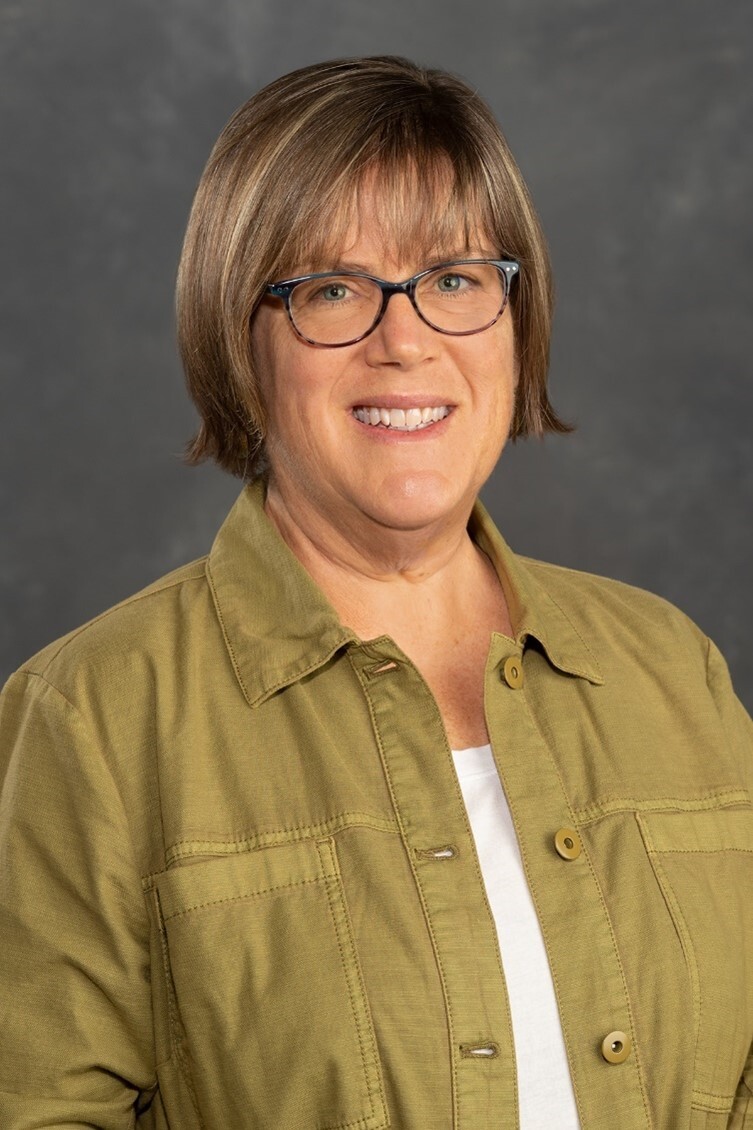
Jean Bailey
Dr. Bailey is an Associate Professor and serves as the Associate Dean for Faculty Development at Virginia Commonwealth University School of Medicine. She holds a Ph.D. in Higher, Adult and Lifelong Education and a M.A. in College and University Administration from Michigan State University. She has experience serving as an adjunct and full-time faculty member, in dean-level positions including chief academic officer at the community college level, and as director, assistant, and associate dean responsible for faculty development at two medical schools. Her research interests include teaching and learning, medical education scholarship, faculty and gender roles in higher education, reflection and mindfulness, and work/life navigation.
-
Register
- User - $125
- More Information
-
Contains 2 Component(s) Includes a Live Web Event on 01/05/2026 at 3:00 PM (EST)
This workshop helps participants prepare their data for analysis and be able to answer questions about their data that a statistician will likely ask when providing consultation.
This workshop helps participants prepare their data for analysis and be able to answer questions about their data that a statistician will likely ask when providing consultation.
At the end of the workshop the participants will be able to:
- Collect data;
- Set up data files;
- Enter data into data files;
- Check and clean data prior to analysis;
- Compare my sample to my population;
- Address statistical issues discussed during consultation with a statistician (e.g., Type I & II errors, power, effect sizes).
Recordings will be made available for viewing following the completion of each workshop. Viewing of recordings may not be substituted for participation in live workshops.
This workshop is a part of the MERC Virtual Workshop 2025 - Series 4.
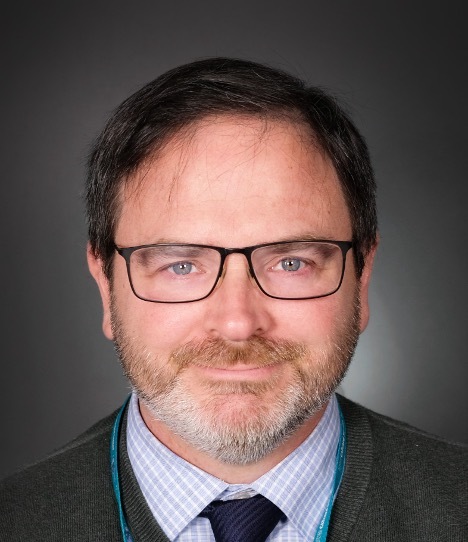
Thomas Delaney
Associate Professor of Pediatrics and Senior Faculty Advisor in the Division of Public Health at the University of Vermont Larner College of Medicine
Dr. Tom Delaney is an Associate Professor of Pediatrics and Senior Faculty Advisor in the Division of Public Health at the University of Vermont Larner College of Medicine. He is the Director of the Four Pines Fellowship, a Foundation-level combined research and clinical learning experience focused on mental health and suicide prevention. He earned his BA from Rutgers University and MA and PhD from the University of Denver in Psychology with a focus on research and experimental methods. He has developed and taught courses across medical and other graduate health care programs in areas including biostatics, research methods, public health, and mental health. He is the Course Director for Culminating Project Experience in which students work in small teams to design, conduct and report on a public health research project. In 2020 he was recognized as an Expert Educator by the Teaching Academy at the University of Vermont and has been a member of the Medical Education Research Certificate (MERC) Steering Committee since 2023.
-
Register
- User - $125
- More Information
-
Contains 2 Component(s) Includes a Live Web Event on 12/15/2025 at 3:00 PM (EST)
This workshop is intended for physicians and generalists in medical education, as well as faculty and staff involved in student affairs, who wish to develop perspectives and skills for collecting qualitative data, such as data from focus group discussions, interviews, observation field notes, and responses to open-ended questions—used in admissions processes, program development, curriculum evaluation, needs assessments, performance evaluation, and various scholarship and research applications.
This workshop is intended for physicians and generalists in medical education, as well as faculty and staff involved in student affairs, who wish to develop perspectives and skills for collecting qualitative data, such as data from focus group discussions, interviews, observation field notes, and responses to open-ended questions—used in admissions processes, program development, curriculum evaluation, needs assessments, performance evaluation, and various scholarship and research applications.
After participating in this workshop, learners will be able to:
- Demonstrate applied knowledge of the appropriate selection, use, and standards for rigor of some common methods for collection of qualitative data;
- Generate research questions appropriate for qualitative studies and choose appropriate data collection methods;
- Demonstrate applied knowledge of approaches to achieve rigor in the design of qualitative studies and collection of qualitative data;
- Demonstrate essential skills required for conducting focus groups
Recordings will be made available for viewing following the completion of each workshop. Viewing of recordings may not be substituted for participation in live workshops.
This workshop is a part of the MERC Virtual Workshop 2025 - Series 4.
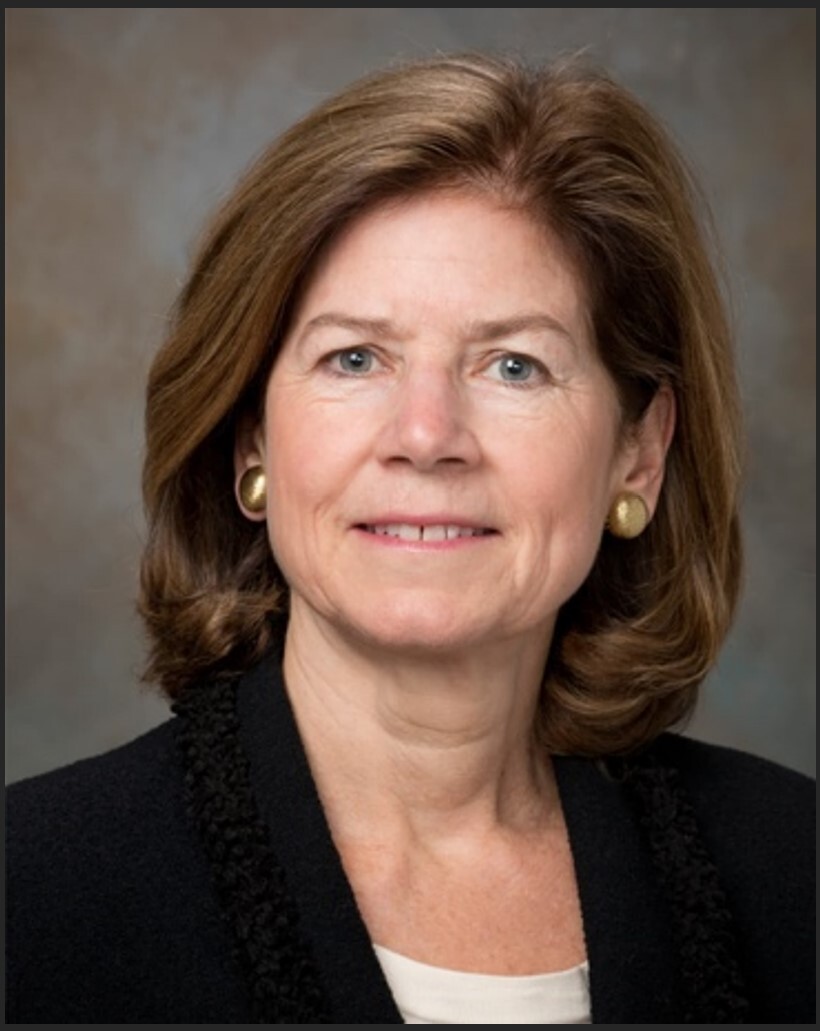
Janet Hafler
Dr. Janet P. Hafler is Associate Dean for Teaching and Learning and a Professor of Pediatrics at the Yale School of Medicine. As an institutional priority to support the YSM mission, the Center for Medical Education (the Center) was created under the leadership of Dr. Hafler. In this role, Dr. Hafler oversees two important entities, Continuing Medical Education (CME) and the Teaching and Learning Center (TLC). Both entities are organized under the Center to meet the increasing needs of medical educators in Undergraduate, Graduate Medical Education and Continuing Medical Education.
Dr. Hafler received her master's degree in education specializing in maternal and child health from Columbia University and her doctorate in Education from Harvard University. She focuses on assisting faculty, students, and residents to explore innovative ways to effectively promote learning in both the classroom and the clinical settings. Promoting, influencing and nurturing a climate in which physicians, residents and students can teach — and learn — has been foremost among her career objectives.
Through the TLC, Dr. Hafler continues to direct the Medical Education Fellowship for faculty educators as well as the Master of Health Science-Medical Education Pathway Degree. She also collaborates with Yale New Haven Hospital Graduate Medical Education overseeing Resident-as-Teacher programs for all Yale residents. Dr. John Encandela leads the TLC as its Executive Director overseeing student, faculty and program assessment and additional programs offered to YSM educators and departments.
Dr. Hafler leads the CME office, which is under Allison Rentfro, PhD as its Executive Director. Together they will expand the focus of the CME office to include continuing professional development (CPD), with a broader focus on professional development while continuing to provide courses on clinical medical education. YSM CME is positioned to broaden their scope to include a greater national presence and a new global outreach.
Dr. Hafler runs an active research program applying qualitative research methods in medical education. She collaborates with and mentors faculty on the elements of qualitative research in the field of medical education and medical care. In turn, mentored faculty members have learned to develop and demonstrate the tools necessary to effectively teach and lead others. Dr. Hafler is very widely published with book chapters, curriculum materials and original articles in medical education and clinical journals. She frequently serves as visiting professor internationally and has been invited to present regularly at regional and national professional meetings.
-
Register
- User - $125
- More Information
-
Contains 2 Component(s) Includes a Live Web Event on 12/08/2025 at 3:00 PM (EST)
This workshop introduces participants to fundamental principles of educational program evaluation, and provides participants with a strategy for developing an evaluation plan.
This workshop introduces participants to fundamental principles of educational program evaluation, and provides participants with a strategy for developing an evaluation plan.
After participating in this workshop, learners will be able to:
- Describe program evaluation and its purposes;
- Identify barriers to program evaluation;
- Identify models used in evaluation;
- Describe the steps of an evaluation;
- Develop an evaluation plan.
Recordings will be made available for viewing following the completion of each workshop. Viewing of recordings may not be substituted for participation in live workshops.
This workshop is a part of the MERC Virtual Workshop Series 2025 - Series 4.
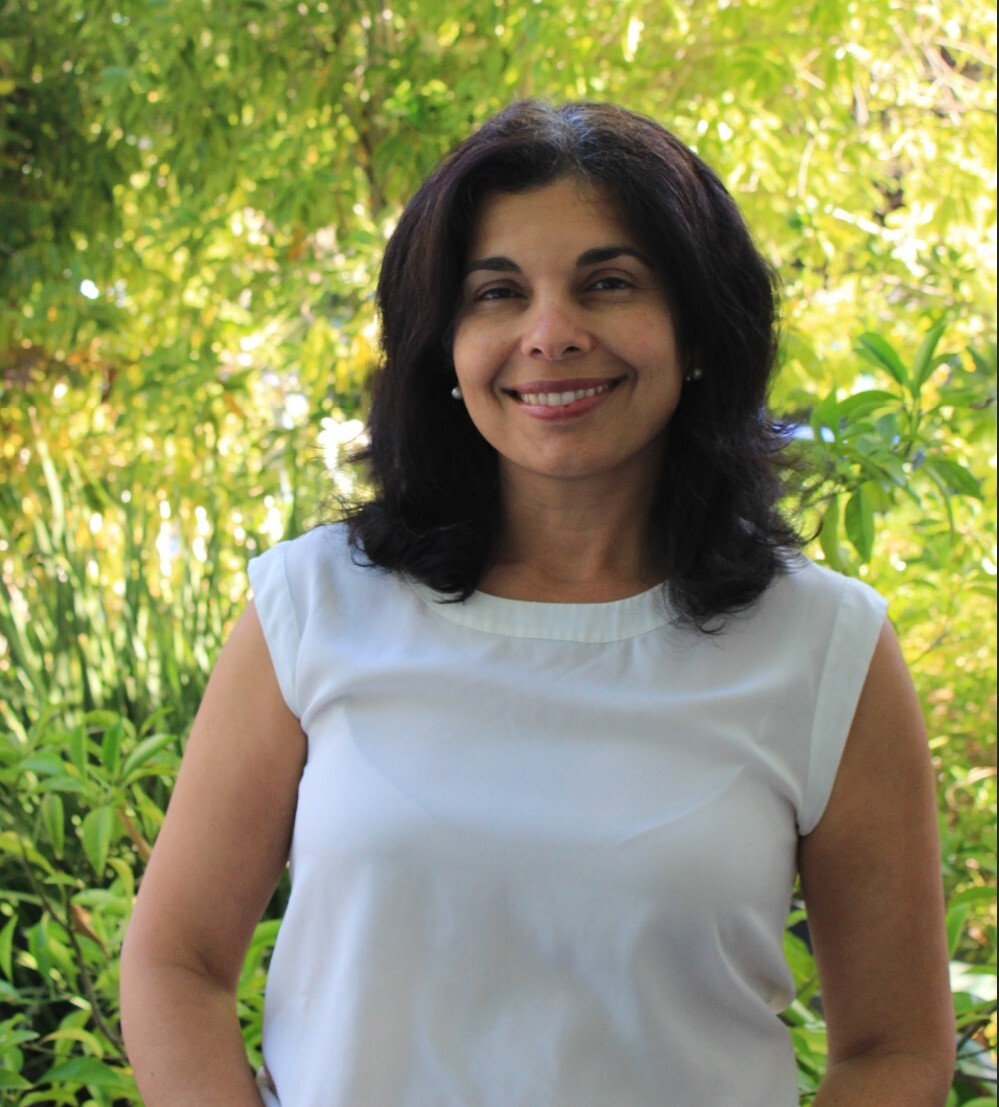
Arianne Tehrani
Arianne Teherani, PhD is Professor of Medicine, Director of Program Evaluation and Education Continuous Quality Improvement for UCSF School of Medicine, and Founding Co-Director University of California, Center for Climate Health and Equity. Arianne’s research has informed global conversations, research, and policies on equity and social justice in education and education for climate change and health. Arianne’s research into how educational disparities are perpetuated by learning environment practices has shifted how medical schools thinks about and act on inequities. Her research identifies and addresses the role of accepted assessment and learning environment practices in perpetuating disparities. She has led studies on interventions aimed at creating equity and she has led the development of novel evidence-based model for equitable assessment in the clinical setting. Additionally, Arianne’s research has positioned education as a core solution to the climate change and health crisis and has established globally utilized competencies, knowledge, and practice. She has examined the outcomes of successful endeavors to train practicing clinicians to educate their students and patients about climate-health impacts and climate justice. Arianne has published over 130 peer-reviewed papers and book chapters and work has been featured in venues such as National Public Radio, KTVU, Market Watch, and the Huffington Post. She was the recipient of the UCSF Faculty Sustainability Award and the UC Sustainability Champion Award. Arianne was named the Faculty Climate Action Champion - an award given to one faculty member at each University of California campus in recognition of their contribution to the mission of sustainability.
-
Register
- User - $125
- More Information
-
Contains 2 Component(s) Includes a Live Web Event on 12/01/2025 at 3:00 PM (EST)
This workshop introduces participants to the principles of score reliability and validity, using a combination of didactics and review of medical education research projects. The workshop is divided into two parts with group exercises designed to reinforce understanding of the main principles.
This workshop introduces participants to the principles of score reliability and validity, using a combination of didactics and review of medical education research projects. The workshop is divided into two parts with group exercises designed to reinforce understanding of the main principles.
After participating in this workshop, learners will be able to:
- Identify three types of reliability (inter-rater, test-retest, and internal consistency);
- Match types of reliability with appropriate statistical measures;
- Describe the relationship between reliability and validity;
- Describe multiple forms of evidence for validity;
- Select an approach to reliability and validity assessment for a particular study.
Recordings will be made available for viewing following the completion of each workshop. Viewing of recordings may not be substituted for participation in live workshops.
This workshop is a part of the MERC Virtual Workshop 2025 - Series 4.

Dana Larsen
Assistant professor of Medicine, Department of Nephrology at University of California, San Francisco (UCSF)
Dr. Dana Larsen is an assistant professor of medicine in the department of nephrology at University of California, San Francisco (UCSF). She earned her medical degree from Baylor College of Medicine in 2017 where she began her medical education research in assessment of time-compressed education. In 2000, she completed her internal medicine residency at Massachusetts General Hospital, conducting research on spaced education and wellness. During her fellowship at UCSF, she also earned a master’s in health professions education as a combined program at UCSF and University of California, Berkeley. Her master’s project focused on quantitative measurements of trainee engagement with online educational resources. In her current role, Dr. Larsen co-directs medical student courses on the kidney and foundational sciences and serves as the associate program director for the nephrology fellowship program. She is a current member of the MERC Steering Committee and served as a deputy editor for Journal of General Internal Medicines Special Issue on Medical Education, released January 2025.
-
Register
- User - $125
- More Information
-
Contains 2 Component(s) Includes a Live Web Event on 11/24/2025 at 3:00 PM (EST)
This workshop will provide some basic principles in questionnaire/survey design and give workshop participants an opportunity for hands-on experience designing a questionnaire.
This workshop will provide some basic principles in questionnaire/survey design and give workshop participants an opportunity for hands-on experience designing a questionnaire.
Following participating in this workshop, learners will be able to:
- Design a blueprint for a survey/questionnaire appropriate to their own application;
- Construct and edit questions to avoid common problems in wording and framing;
- Select an appropriate response format from a menu of alternatives;
- Design the overall format of the survey/questionnaire to facilitate data management and analysis.
Recordings will be made available for viewing following the completion of each workshop. Viewing of recordings may not be substituted for participation in live workshops.
This workshop is a part of the MERC Virtual Workshop 2025 - Series 4.

Cayla Teal
Dr. Cayla R. Teal is the Associate Dean for Assessment and Evaluation and an Education Associate Professor in the Department of Population Health at the University of Kansas School of Medicine (KUSOM). Dr. Teal received her B.A. degree in Chemistry from William Jewell College and her M.A. and Ph.D. in Community/Clinical Psychology from Wichita State University, with emphases in applied research methods and psychometrics. She completed a post-doctoral fellowship in Health Services Research at the Center of Innovation in Quality, Effectiveness and Safety at the Michael E. DeBakey Houston VA Medical Center. She served as the Director of Educational Evaluation and Research at Baylor College of Medicine and an Assistant Dean for Academic Affairs and Associate Dean for Evaluation and Assessment at Texas A&M College of Medicine prior to coming to KUSOM. Dr. Teal is responsible for the assessment of student performance in and program evaluation of the KUSOM’s curriculum and a member of its continuous quality improvement team. She is a mixed-methods medical education researcher, an Associate Editor for Medical Education Online, a Deputy Editor for Teaching and Learning in Medicine, teaching faculty for AAMC Medical Education Research Certificate (MERC) program, and a 2022 AMA Scholar in Health Systems Science. Dr. Teal recently completed her two-year term as the national chair for the Medical Education Scholarship, Research and Evaluation (MESRE) section at the AAMC’s Group on Educational Affairs (GEA) and serves as the Treasurer for the Society of Directors of Research in Medical Education (SDRME).
-
Register
- User - $125
- More Information
-
Contains 2 Component(s) Includes a Live Web Event on 11/17/2025 at 3:00 PM (EST)
This workshop is intended for individuals, medical educators, and clinician educators who want to learn how to effectively search the published medical education literature and to evaluate the value of those searches. After participating in this workshop, learners will be able to:
This workshop is intended for individuals, medical educators, and clinician educators who want to learn how to effectively search the published medical education literature and to evaluate the value of those searches.
After participating in this workshop, learners will be able to:
- Formulate an effective approach to searching the medical education literature;
- Conduct a search using relevant MeSH headings;
- Communicate effectively with a research librarian;
- Evaluate the search results using specific review criteria.
Recordings will be made available for viewing following the completion of each workshop. Viewing of recordings may not be substituted for participation in live workshops.
This workshop is a part of the MERC Virtual Workshop 2025 - Series 4.
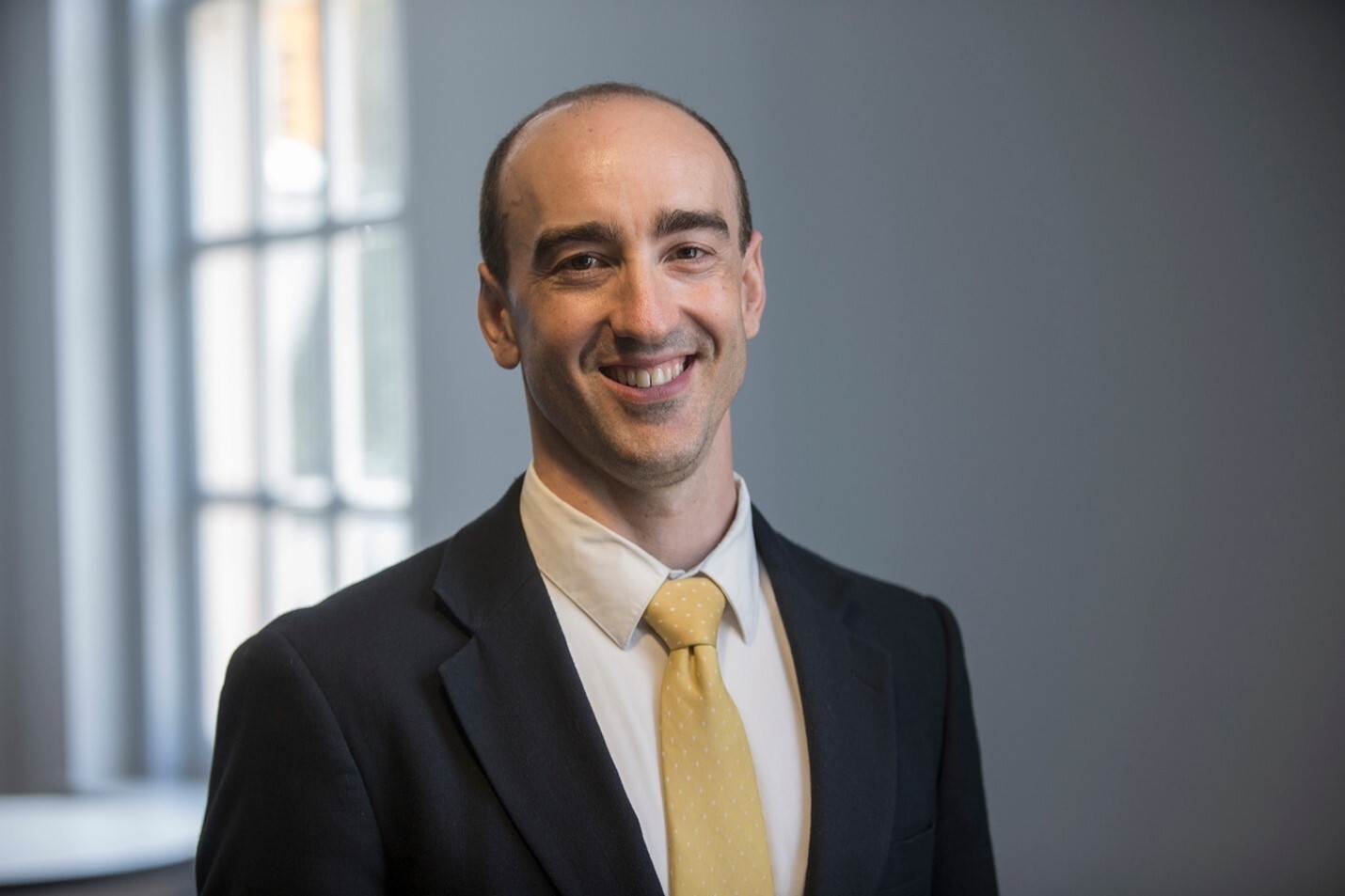
John Cyrus
As part of the Research and Education Department at the Virginia Commonwealth University Health Sciences Library, John works with physicians, students, and residents in the VCU School of Medicine and at VCU Health to support research, learning, and patient care. John also served as Interim Co-Head of the Research and Education Department for 2020-2021. His scholarly interests include uncertainty in evidence-based practice and decision-making, evidence synthesis methods, and assessment of consultative library services. Before joining the faculty at VCU Libraries in 2012, he was a health sciences librarian at Louisiana State University in Shreveport, Louisiana. John earned his MLIS from Louisiana State University in 2009.
-
Register
- User - $125
- More Information
-
Contains 8 Product(s)
The courses are targeted for clinicians and other educators who desire to learn research skills that will enable collaborative participation in medical education research projects.
Please review your subtotal before checking out. The cost of registration is $125 per workshop. Your total should not be $1,000 unless you intended to register for 8 workshops. If your subtotal is incorrect, please return to the choose your workshops tab and review your selections.
MERC Overview

The Medical Education Research Certificate (MERC) program is intended to provide the knowledge necessary to understand the purposes and processes of medical education research, to become informed consumers of the medical education research literature, and to be effective collaborators in medical education research. Alone, MERC is not intended to produce independent medical education researchers.
The program is open to all who are interested in improving their educational research skills and is targeted for those with a background in medical education but relatively less experience in conducting educational research. The courses are targeted for clinicians and other educators who desire to learn research skills that will enable collaborative participation in medical education research projects.
Curriculum
Each three-hour workshop focuses on a key skill or area in educational research, emphasizes opportunities for hands-on activities and active participation, so as to maximize the applicability of the workshop principles. Six workshops of the participant's choosing must be completed to qualify for the certificate. These workshops can be taken in any order.
Certificate
Those interested in receiving a MERC Certificate must complete six workshops. In order to receive a MERC Certificate, you must first complete six workshops. Upon completion, you may request your certificate. Certificates are sent via email at the end of each month. There is no fee associated with the certificates at this time.
Registration and Fees
The cost for registration is $125 per workshop. You may register for all eight workshops in this series, or select a single workshop from our a la carte menu.
Cancellations and Refunds
Please note that refunds will not be issued. If you have any questions, contact the MERC staff merc@aamc.org.
-
Register
- User - $1,000
- More Information
-
Register
-
Contains 2 Component(s) Includes a Live Web Event on 09/29/2025 at 12:00 PM (EDT)
In this session, the skills of scholarly writing will be explored through the lens of analyzing a manuscript that was accepted for publication. The participants will examine review criteria that are used by healthcare education journals and apply them to a sample manuscript. In discussing scholarly writing the participants will make a decision about the type of feedback they would give to the authors of the sample paper.
In this session, the skills of scholarly writing will be explored through the lens of analyzing a manuscript that was accepted for publication. The participants will examine review criteria that are used by healthcare education journals and apply them to a sample manuscript. In discussing scholarly writing the participants will make a decision about the type of feedback they would give to the authors of the sample paper.
At the end of this session, participants will be able to:
- Identify the components of a scholarly publication;
- Discuss how to frame a problem statement;
- Identify an effective Research Question;
- Discuss whether the Design/method is appropriate to the question;
- Discuss whether the authors have applied the best data collection methods to the appropriate sample;
- Understand the Results section and how to present results in a clear manner.
Recordings will be made available for viewing following the completion of each workshop. Viewing of recordings may not be substituted for participation in live workshops.
This workshop is a part of the MERC Virtual Workshop 2025 - Series 3.
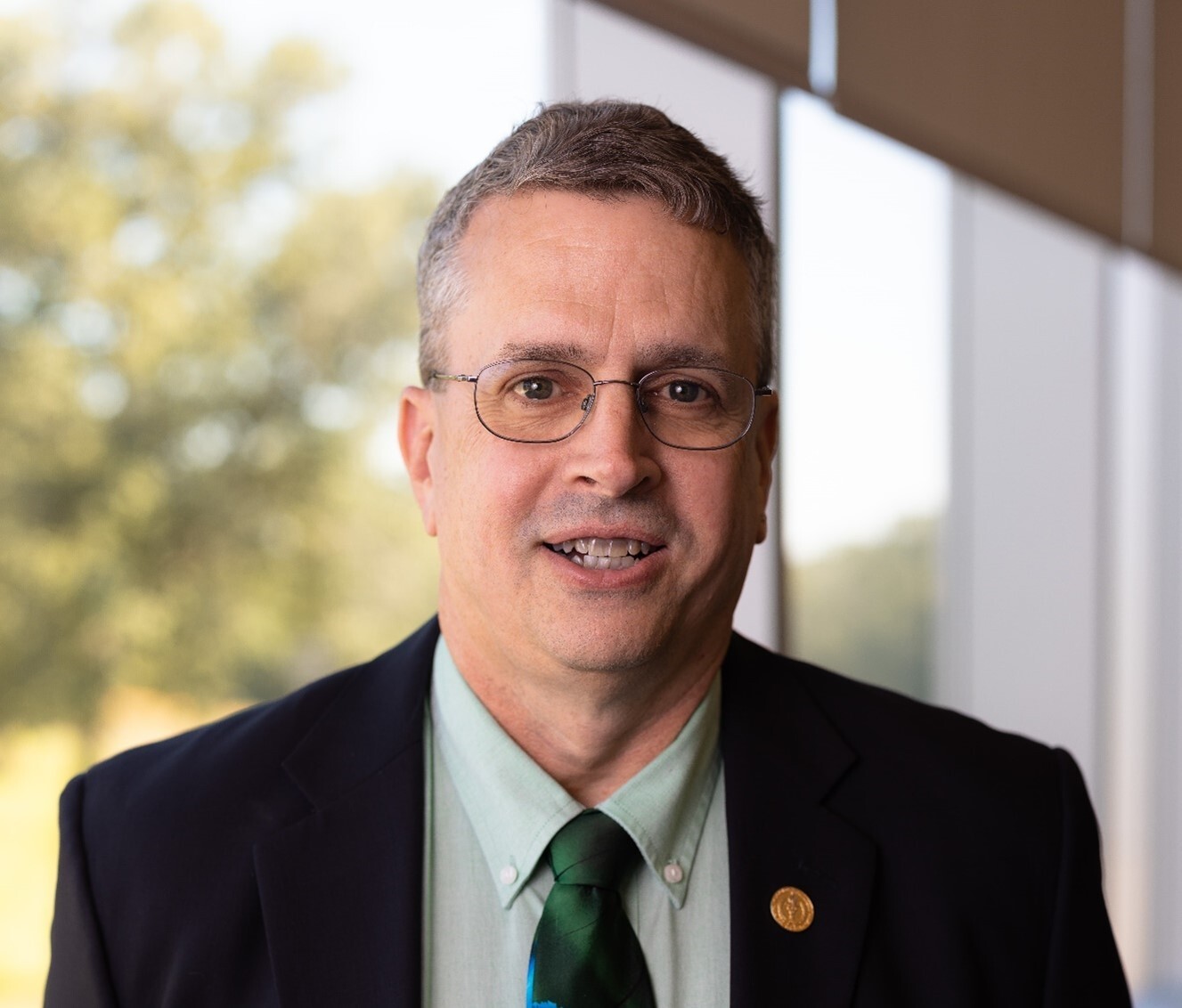
Gary Beck Dallaghan
Gary L. Beck Dallaghan, Ph.D., is the assistant dean for evaluation and assessment and professor of medical education at the University of Texas at Tyler School of Medicine. Dr. Beck Dallaghan collaborates with faculty and staff to develop program evaluations and assessment strategies for the medical students.
Dr. Beck Dallaghan has nearly three decades of experience in medical education. For over 20 years, he was at the University of Nebraska College of Medicine, completing a masters in mathematics and doctorate in educational psychology. He served as their assistant dean for medical education for five years. In 2018, he joined the University of North Carolina School of Medicine as director of educational scholarship. During that time he published nearly 80 peer-review articles with a variety of collaborators.
Nationally, he is actively involved in several medical education organizations, including the Alliance for Clinical Education, Association of American Medical Colleges, and Council on Medical Student Education in Pediatrics.
-
Register
- User - $125
- More Information
-
Contains 2 Component(s) Includes a Live Web Event on 09/25/2025 at 1:00 PM (EDT)
This session will highlight key AI use cases aimed at streamlining administrative and operational tasks.
This session will highlight key AI use cases aimed at streamlining administrative and operational tasks. First, we will describe the development of DOMINIQ (Dept of Medicine’s Interactive Navigator for Inquiries & Queries), a secure chatbot that simplifies access to policies in finance, HR, academic affairs, IT, and more. Next, we will examine how workflows in research administration, clinical revenue, and faculty productivity can be improved by applying AI to Python scripting, complex Excel formulas, and MS Power Automate. Lastly, we will delve into an innovative use case where leaders engage in reflective dialogue with GPT models to enhance their interpersonal communication skills. Overall, this session will provide practical insights into how AI can drive productivity and improvements across various operational areas.
Natalya Maisel, PhD
Division Manager, Division of Clinical Informatics and Digital Transformation (DoC-IT)
University of California, San Francisco Department of MedicineMaria Novelero, MA, MPA
Associate Chair for Administration
University of California, San Francisco Department of MedicineJon Rueter, MBA
Director of Research Administration and Revenue Management
University of California, San Francisco, School of MedicineAaron Tabacco, PhD
Director of Staff Experience
University of California, San Francisco Department of MedicineSara Wingate, MA
Project Manager
University of California, San Francisco, School of Medicine-
Register
- User - Free!
- More Information
-
Register
